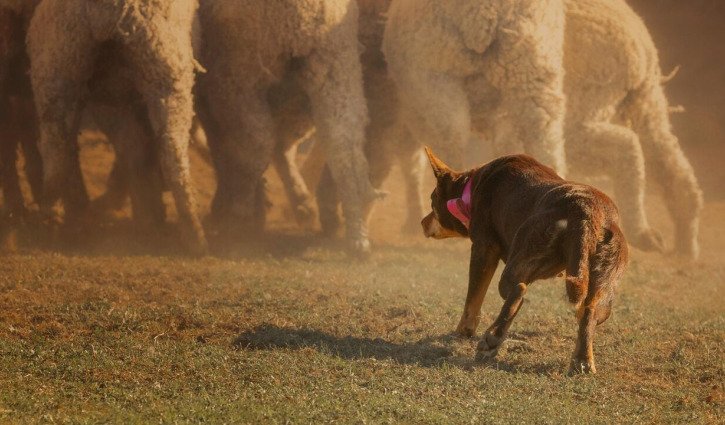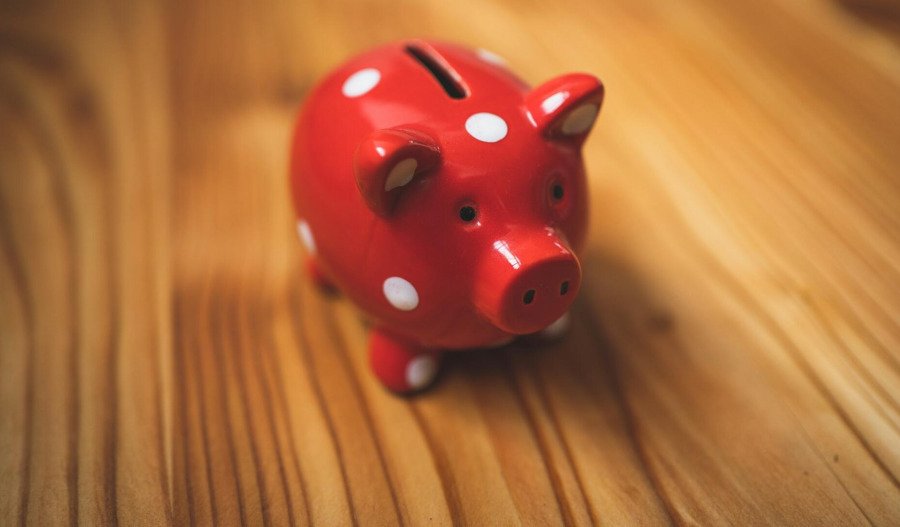Super Nation is a fortnightly column that examines, explains and analyses key issues in one of Australia's largest, fastest-growing and most important industries: superannuation.
Jim Chalmers may not realise it, but Donald Trump may have sunk one of his biggest revenue-generating plans.
The plunge in global share markets sparked by Trump’s tariff war with trading partners has exposed the risks of the Australian Treasurer’s plans to increase taxes on superannuation balances of more than A$3 million (US$1.92 million).
This measure was forecast to raise $2.3 billion in 2027/28, the first full year of revenue collection.
Critics of the proposed measure, which would tax unrealised capital gains, say those caught up in the net may never be able to recover losses like those suffered recently during the market rout.
Chalmer’s ruling Labor Party was not able to win support for the Superannuation (Better Targeted Superannuation Concessions) Imposition Bill 2023 in the 76-seat Senate because of opposition from the Liberal/National Party coalition and independent members who together controlled more votes (51) than Labor (25 votes).
To get it passed, Labor would have needed the support of all 11 Greens plus another three out of the remaining 10 crossbenchers: six independents, Pauline Hanson's One Nation (two votes), Jacqui Lambie Network (one) and United Australia Party (one).
Had it been passed, the law would have been introduced on 1 July 2025, but Prime Minister Anthony Albanese called an election on 28 March and, although its fate after the 3 May poll is unclear, Chalmers considers it to be “unfinished business”.
The Bill has been criticised by bodies representing people with larger super (pension) balances, including those with self-managed super funds (SMSFs), because it will tax unrealised capital gains, which is rare among developed countries.
Introduced with the Treasury Laws Amendment (Better Targeted Superannuation Concessions and Other Measures) Bill 2023, it would have imposed an additional 15% tax on the proportion of earnings corresponding to the balance above $3 million.
The tax would be calculated using a formulaic approach that includes changes in the account balance along with withdrawals and contributions, rather than investment returns.
Stakeholders respond
A coalition of industry bodies, including the SMSF Association (SMSFA), has called on the major parties to rule out any move to tax unrealised investment gains.
SMSFA CEO Peter Burgess said if markets did not recover from market downturns, people charged 30% tax while their balances were briefly above $3 million may never have the opportunity to use carried forward tax losses, which would become “useless”.
A re-elected Labor Government would have to re-introduce the measure in the new Parliament to proceed with this change, and if Labor had to rely on the support of the Greens, they are likely to demand that the threshold be lowered to $2 million.
Burgess believes the $3 million threshold should be indexed to inflation and the tax should only apply to taxable earnings like bank interest, dividends, trust distributions and realised capital gains.
“Let’s be clear: taxing someone on paper gains they haven’t received a cent from is not reform – it’s confiscation,” said the coalition of the SMSFA, National Farmers Federation, Council of Small Business Organisations Australia and Family Business Association.
Although independent senator David Pocock strongly supported the principle of the Bill and was open to negotiating with the Government, he could not vote for it the way it was drafted.
“We do not know what the consequences will be of taxing unrealised gains across such a broad cross-section of the economy,” Pocock said in an email to his constituents in November 2024.
He cited concerns about the impact on investors funding early stage research and people on defined benefits.
“My sense is that there is strong support in the community to reduce the concessions paid on large superannuation balances,” Pocock said.
A spokesperson has confirmed the former rugby international has not changed his views on the proposal.
Another crossbencher, Senator Jacqui Lambie, was concerned about the potential impact on farmers.
"People with bucket loads of super should be taxed but my concern with this bill was its potential impact on farmers - lots of them are asset rich but cash poor and legislation like this could have a terrible impact," Lambie told Azzet.
She echoed the concerns of others who warned the proposed law could force some primary producers to sell their assets inside or outside super if they did not have the cash for the tax bill.
When introducing the Bill to the parliament last year, Financial Services Minister Stephen Jones described it as a “modest, responsible change” which maintained concessional taxation in superannuation and did not limit the amount that could be held in super beyond contribution caps.
Some critics have disputed the Government’s statement that the change would affect just 80,000, or about 0.5% of Australians with a super account in 2025-26.
The Financial Services Council (FSC) estimated it could impact 500,000 people because it had not been indexed, reducing the effective retirement savings threshold for someone in their 20s to $1 million.
Not surprisingly, the changes have the support of the peak bodies in the super industry, few of whose members in industry, public sector, corporate or even retail funds are likely to be affected because the threshold is so high.



